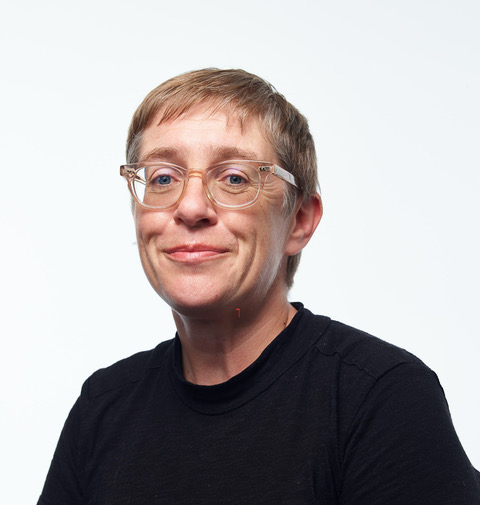c:o/re short-term Senior Fellow (22/04 − 26/04/2024)

Hannah Landecker is a historian and sociologist of the life sciences. She is the author of Culturing Life: How Cells Became Technologies (Harvard UP, 2007), and has written widely on microcinematography, antimicrobial resistance, metabolism and epigenetics, in work that follows out both the intended and unintended consequences of biotechnology for life in the contemporary world. She is jointly appointed across the Divisions of Life and Social Sciences at UCLA, where she is a Professor in the Sociology Department, and the Institute for Society and Genetics, an interdisciplinary unit at UCLA committed to cultivating research and pedagogy at the interface of biology and society. She is a member of the Canadian Institute for Advanced Research Future of Flourishing Program, co-director of the UCLA Center for Reproductive Science, Health and Education at UCLA, and a Senior Editor at BioSocieties.
Distilled, Extruded, Suspended: Lessons in Lifelikeness from the Metabolism of Mass Production
This talk is about quite ordinary matters, such as the prevention of perishability in rubbers and oils, and how one makes a non-dairy creamer that lasts without refrigeration. Yet these are also extraordinary matters. The harvesting and remobilization of metabolically powerful objects and processes proceeded apace in the twentieth century, a process of industrialization not just of agriculture or craft production, but of metabolism itself. Cells, enzymes, antioxidant molecules, polymers, fats and many other capacities and pieces of living things were pulled apart and then pieced back together, re-articulated into new sequences of material transformation at augmented volume or manipulated speed, sometimes suspended here, or driven forward there. Three lessons in lifelikeness from the historical annals of enzymes and antioxidants will invite listeners into the maw of a vast and reticulate petro-animate metabolism, where novelty concatenates with mimicry and the synthetic is fed to the natural for dinner. Today, as we begin to ask whether our material things are lasting too long – or not long enough – and the technical parameters of planetary costs of consumption figure prominently in negotiations of ageing, biodegradability and toxicity, it is useful to engage directly with the history and future of these technical lifespan objects into which values and temporalities are built.
Publications (selection)
Landecker, Hannah. American Metabolism, Cambridge (MA): Harvard University Press (in preparation).
Landecker, Hannah. The Underlying Condition as Disease Ecology: Covid-19 and the Anthropogenic Body of Infection. In Ecologies of Disease Control: Spaces of Health Security in Historical Perspective, ed. by Sven Opitz, Andrea Wiegeshoff, and Carolin Mezes. Pittsburgh: Pittsburgh University Press (forthcoming 2025)
Landecker, Hannah. 2024. Life as Aftermath: Social Theory for an Age of Anthropogenic Biology. Science, Technology and Human Values (in print)
Landecker, Hannah and Amanda. T. Clark. 2023. Human Embryo Models Made from Pluripotent Stem Cells are not Synthetic; They Aren’t Embryos, Either. Cell Stem Cell. 30(10), pp. 1290-1293. https://doi.org/10.1016/j.stem.2023.09.006
Landecker, Hannah. 2007. Culturing Life:How Cells Became Technologies. Cambridge (MA): Harvard University Press.

